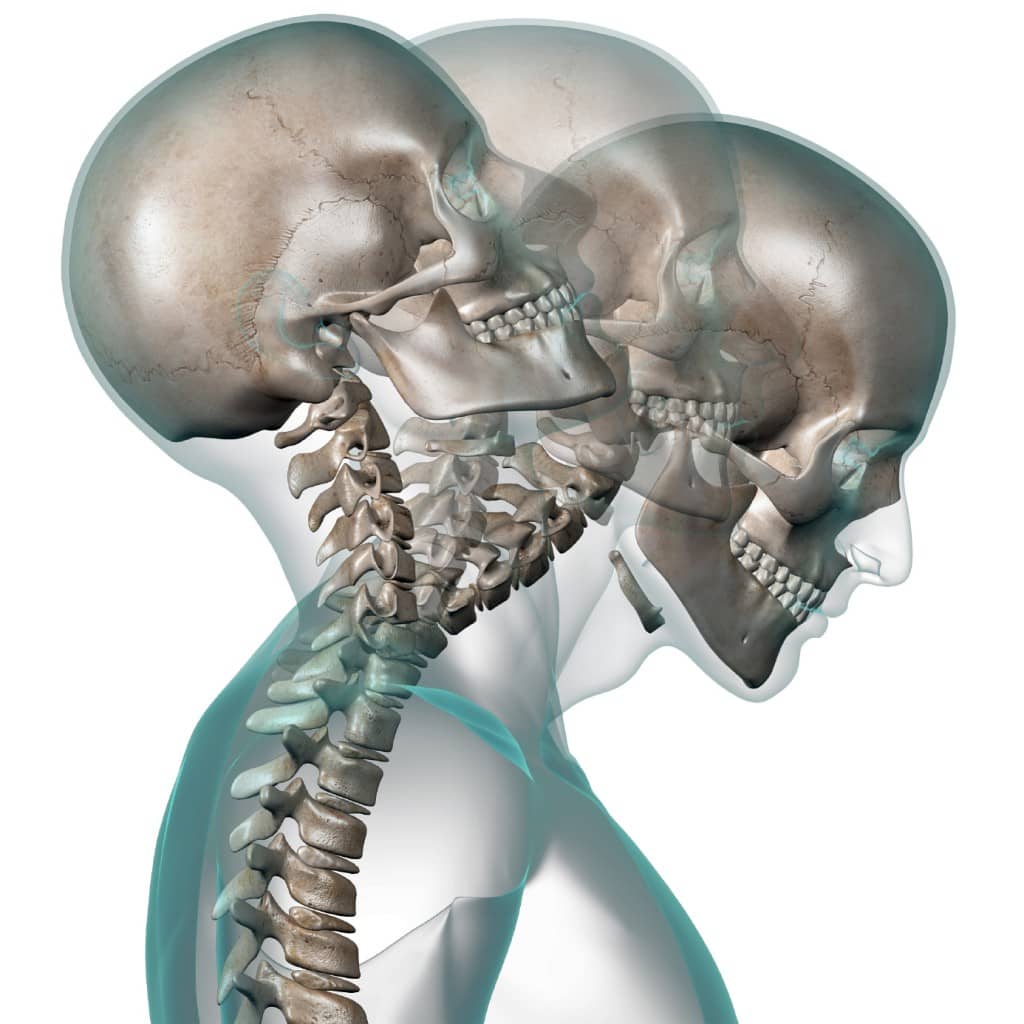2016: The Year of Self-Driving Vehicle Partnerships
The Steel City is about to get a whole new perspective on its historic industry. Rideshare company Uber is debuting a fleet of self-driving vehicles in Pittsburgh, Pennsylvania. The event is a strategic way for Uber to position itself as one of the first businesses to commercialize self-driving vehicle technology.
In light of this development, other car manufacturers are investing massive resources into research and partnerships that can help them stay competitive in the era of self-driving vehicles.
Uber Plans Testing Self-Driving Cars in Pittsburgh
Driverless technology has breathed new competitive life into the car industry. Software companies like Google and Apple (who are seeking to partner with car manufacturers) are pushing the edge of possibility with software development for sophisticated driver assistance and collision avoidance features, while automakers from Tesla to Toyota are investing billions into research and development to get self-driving cars on the road.
Now Uber, pioneer of the popular ride-share service, is entering the arena. In a move planned by CEO Travis Kalanick since 2014, Uber will debut a fleet of self-driving vehicles to transport the app users around Pittsburgh. By the end of August, Uber customers in downtown Pittsburgh will be able to select self-driving cars (as opposed to privately owned cars chauffeured by their owners).
Back in 2014, Kalanick began working with dozens of robotics experts, engineers and mechanics from Carnegie Mellon University to work on this new direction for his company. Kalanick’s stated goal is to replace Uber’s global driver force—upwards of 1 million strong—with self-driving vehicles.
Uber is working with Volvo motor company on the venture. The company has outfitted their Volvo XC90 sport-utility model with cameras, lasers, radar, and GPS receivers to sense and respond to traffic. By the end of the year, Uber plans to have 100 of these souped-up Volvos on the road in Pittsburgh.
The initial fleet of driverless Uber cars will be “supervised” by human drivers. In the meantime, Uber and Volvo are devoting $300 million to getting a fully self-driving vehicle on the road by 2021. Pittsburgh Uber customers who request cars on Uber’s phone-based app will not choose whether or not they want a ride with an autonomous car—the pairing will be random. However, if a customer does end up with an autonomous car, their trip will be free of charge (as opposed to the local rate of $1.05 per mile).
Aside from breaking barriers in technology, Uber’s objective with this self-driving vehicle venture is to make it even easier for people to get around by phasing out the need for people to own a car or even have a driver’s license. Kalanick predicts that over the long-term, Uber’s prices will fall so low that it will be cheaper to take an Uber than to ride in your own car.
Uber Acquires Self-Driving Big Rig Startup, Otto
Uber’s partnership with Volvo is just one iron in the fire. Last July, Uber acquired a driverless truck startup that was launched in the beginning of 2016. Known as Otto, this driverless trucking company caught Uber’s attention by developing a kit that allows big-rig trucks to steer themselves on highways. This technology combats driver fatigue while helping trucking companies increase efficiency.
Originally founded by key members of Google’s self-driving vehicle engineering team who were impatient to get their product on the road, Otto trucks have already successfully completed rounds on the highways near San Francisco. Otto trucks will be used to build on Uber’s developing intracity delivery services, such as UberEats. They will also incorporate aspects of Otto’s standout technology, such as its signature laser detection system (or “lidar”), into the ride-share cabs.

Ford Unveils Plans for a Fleet of Self-Driving Taxi's
As Uber prepares to make this seminal move, other technology and automaker companies are lining up for their shot. General Motors bought a stake in Lyft, Uber’s main rival in the ride-share industry, and announced plans to have driverless cars in test phase within a year.And Ford Motor Company held a recent news conference where chief executive Mark Fields made known the company’s intention to mass-produce driverless cars for a self-driving taxi service to be launched by 2021.
“If someone had told you 10 years ago, or even five years ago, that the CEO of a major automaker American car company is going to be announcing the mass production of fully autonomous vehicles, they would have been called crazy or nuts or both,” said Fields. “…there’s going to be no steering wheel. There’s going to be no gas pedal. There’s going to be no brake pedal.”
In addition to doubling its workforce at its Palo Alto research facility, Ford has acquired an Israeli start-up called Saips that specializes in computer vision, one of the anchor technologies for self-driving vehicles. This investment, he said, changes Ford from merely a carmaker to a “mobility company.”
In perhaps the biggest statement of the obvious in recent history, Fields added, “The world is changing, and it’s changing rapidly.” This promises to be an interesting year as Silicon Valley takes on Detroit.








